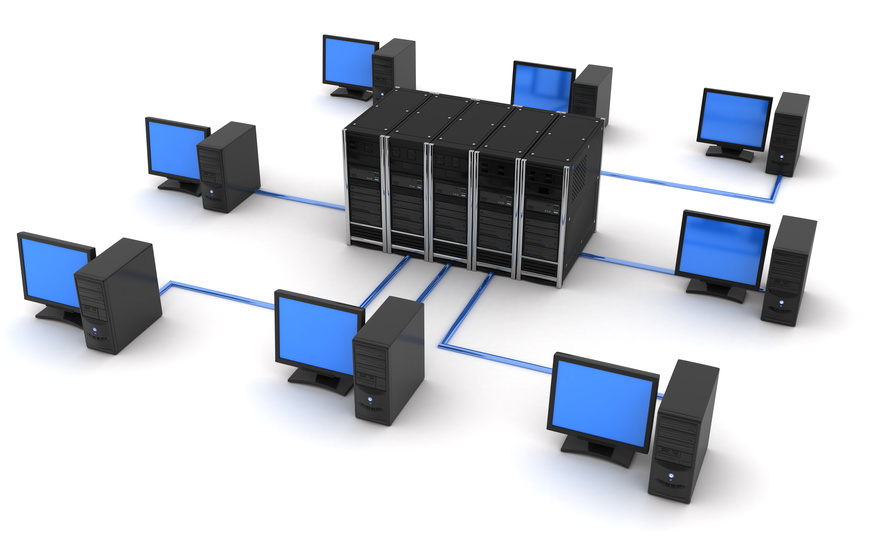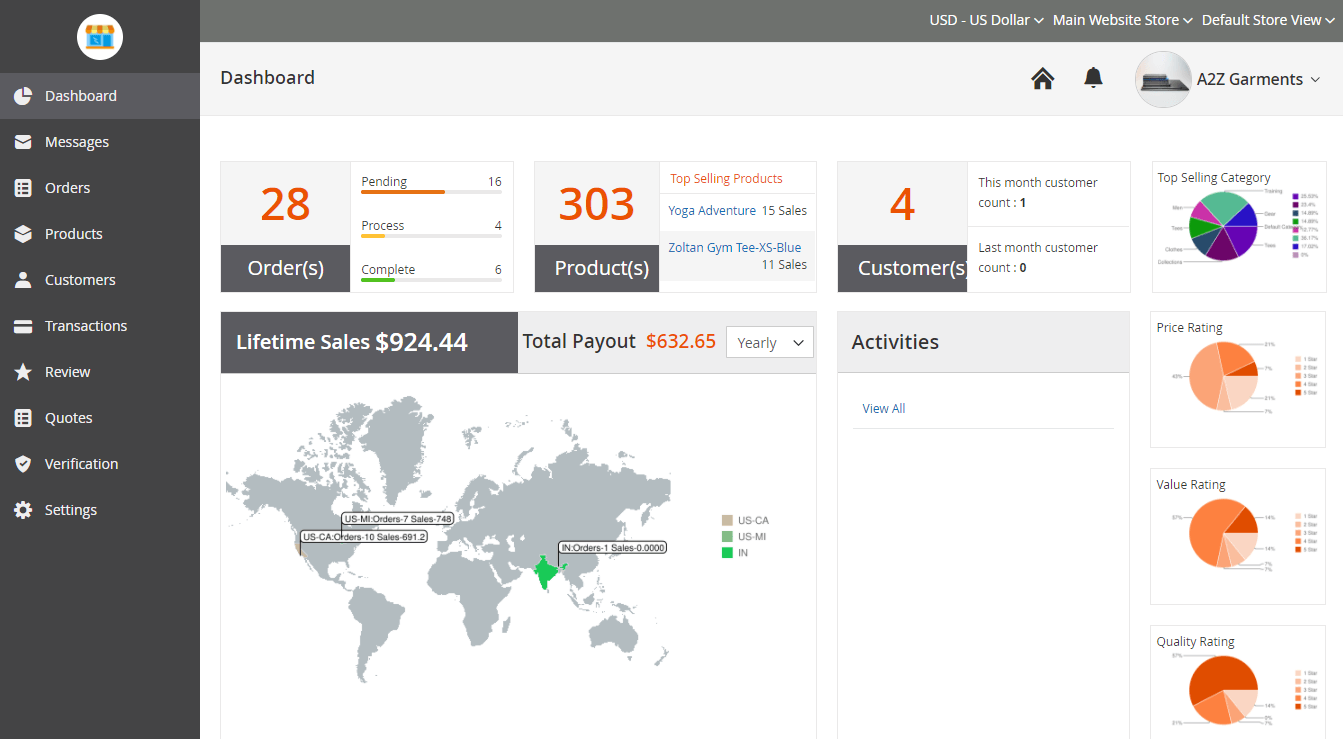Operating and managing your dedicated web server can be done in several ways. Securing and protecting it involves great ways too. Always know the most common security risks you face when you have a webs server. Remember that web servers have become the most frequently targeted hosts on a computer network.
Below are some recommended ways on how to protect your own dedicated web server:
Update the outdated Content Management Systems (CMS)
If you are using content management system for your website, then you should regularly and responsibly update the CMS along with the plugins. You do not need to upgrade immediately every time you discover a new update for your CMS but it helps to secure your site. Always observe how the plugins are being affected and check the latest update that might protect your data.
Modify the default SSH port
Another option to secure you web server from against brute force attacks is changing the SSH port other than the default port 22. It will help scanning for vulnerable servers across the Internet. It will help to reduce the chances of you suffering from a brute force attack.
Practice using safe passwords
It is always recommended to use longer and complex passwords for your dedicated web server. Choose carefully the password upon setting up the server. It should be at least 10 characters combining numbers and special characters. Avoid any dictionary words to avoid hacking and brute force.
Create regular backups
Your web hosting company will tell you to make backup as a fail-safe measure but it is more secure if you create and maintain your own backups off-site. Use file manager to download all of your website files to your computer. Ensure that you have downloaded any databases that your website needs to function as well.
Update the applications when necessary
Always subscribe to security releases and updates for all the applications and software you use for the website. Learn how to perform upgrades on your own and ensure to keep everything up-to-date. These necessary updates will protect your site from known security vulnerabilities and enhances its ability to keep away the hackers.
Monitor the server scripts
Always ensure that any script you only use updated applications, it should be check regularly and protected against hackers. One great way to accomplish this is to keep email forms invisible in the website. Use password protected logins to make sure that only registered users can access certain and more vulnerable areas of the website.
Use only HTTPS
It is highly advisable to use only HTTPS for your website. HTTPS is a protocol used to provide security over the Internet. It guarantees that nobody else can intercept or change the website content. HTTPS works great on login form because it can authenticate requests of logged-in users.
Disable the root user login
To avoid brute force attacks accessing root password, it is advisable to completely disable root user login in the server. If you create an alternative login, you can protect your server and allow you to still have access to root-level functions.
Do not allow file uploads
Remember that if a user starts to upload files such as avatar or anything that may look innocent can actually put a security risk. When a file is uploaded, it may contain a script that will open up your website from harmful risks. As much as possible, you should disallow this kind of action.















